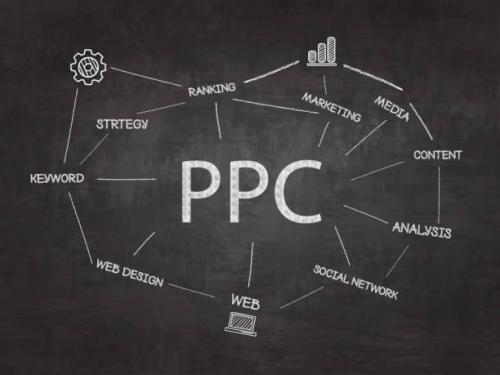The Comprehensive Guide to PPC Audit: Maximizing ROI through Strategic Analysis

In the dynamic world of digital marketing, Pay-Per-Click (PPC) advertising remains a powerful tool for businesses seeking to enhance their online presence and drive targeted traffic to their websites. However, to ensure the optimal performance of PPC campaigns, regular audits are essential. A PPC audit involves a thorough examination of various elements within a paid advertising campaign to identify areas for improvement, maximize return on investment (ROI), and enhance overall campaign effectiveness.
Why Conduct a PPC Audit?
Performance Evaluation:
A PPC audit serves as a performance evaluation for your advertising efforts. By analyzing key metrics such as click-through rates (CTR), conversion rates, and cost-per-click (CPC), marketers gain valuable insights into the effectiveness of their campaigns. This evaluation helps identify high-performing and underperforming areas, allowing for strategic adjustments.
Budget Optimization:
Efficient budget allocation is crucial for successful PPC campaigns. An audit allows marketers to assess budget distribution across campaigns, ad groups, and keywords. By reallocating funds to top-performing areas and eliminating inefficiencies, businesses can optimize their budget and achieve a higher ROI.
Keyword Analysis:
Keywords are the foundation of any PPC campaign. An audit involves a meticulous examination of keywords to ensure they align with business goals, target the right audience, and contribute to campaign success. Marketers can identify irrelevant or low-performing keywords and replace them with more relevant ones to improve campaign targeting.
Ad Copy and Creatives Review:
Compelling ad copy and visuals are essential for capturing the audience's attention. During a PPC audit, marketers assess the effectiveness of ad creatives, ensuring they are aligned with the brand, convey a clear message, and encourage click-throughs. A/B testing can be employed to identify the most engaging ad variations.
Landing Page Optimization:
A well-optimized landing page is crucial for converting clicks into valuable leads or sales. A PPC audit includes an analysis of landing pages to ensure they are relevant, user-friendly, and optimized for conversions. Improving the alignment between ad content and landing page experience can significantly enhance campaign performance.
Ad Extensions and Formats:
Ad extensions contribute to the visibility and relevance of ads. A PPC audit examines the utilization and effectiveness of ad extensions, ensuring they enhance the overall ad quality. Additionally, evaluating different ad formats (text ads, display ads, etc.) helps identify the most effective formats for the target audience.
Competitor Analysis:
Keeping an eye on the competition is crucial in the digital landscape. A PPC audit involves analyzing competitors' strategies, identifying opportunities for differentiation, and staying informed about industry trends. This competitive intelligence allows marketers to adapt and refine their campaigns for sustained success.
Conclusion:
In the ever-evolving landscape of digital marketing, a PPC audit is an indispensable tool for businesses aiming to achieve optimal results from their paid advertising efforts. By conducting a comprehensive analysis of campaign elements, marketers can identify strengths, weaknesses, and opportunities for improvement. Regular audits not only enhance campaign performance but also contribute to long-term success in the highly competitive online marketplace. Embracing a proactive approach to PPC management through strategic audits is key to staying ahead of the curve and maximizing return on investment.










Comments